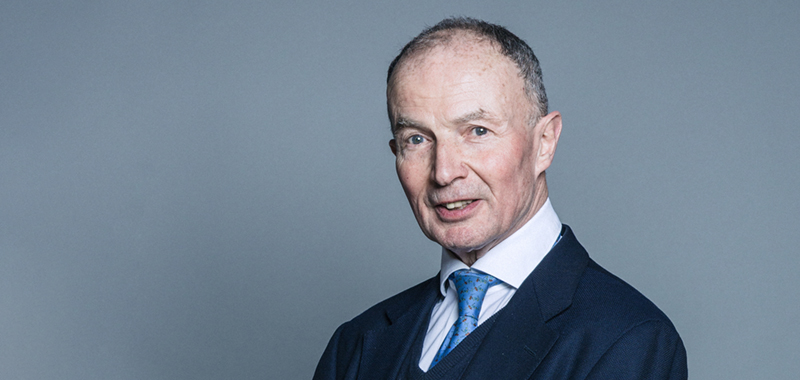
Lord Farmer: conversion therapy ban could criminalise parents
Speaking in the House of Lords, during a debate on the Queen’s Speech, Lord Farmer expressed concern that a conversion therapy ban could ‘unintentionally criminalise’ parents and church youth leaders.
"The Government will need to be crystal clear what they mean by “conversion” and “therapy”, so that when under-18s explore their sexuality with their parents, or perhaps a youth leader in a faith organisation, such people who are sincerely motivated by young people’s welfare are not unintentionally criminalised."
He was reflecting on comments by Lord Mackay, who had explained that the word ‘conversion’ was more familiar in a religious context (we looked at the problem in this previous blog). Providing a clear definition of ‘conversion therapy’ is crucial for any forthcoming legislation.
Those pushing for a ban want the definition to include the ordinary work of churches. The Government needs to be “crystal clear” that ‘conversion therapy’ does not include prayer, preaching, pastoral care and parenting.
Lord Farmer raised another very important point:
"Treating young people’s transgender issues separately is right, but many of the same concerns are relevant to sexual orientation and should not be batted away as homophobic."
Many who have campaigned against a conversion therapy ban are pleased to see trans issues separated out of a ban.
They have rightly pointed out that young people who are struggling with gender dysphoria must be given appropriate healthcare, which could be more difficult with a badly-drafted law. Under a ban, it is feared, if a child claimed to be the opposite gender, those they speak to would have to affirm their claim without proper exploration of the underlying cause.
But as Lord Farmer rightly points out, numerous problems still arise under a ban for sexual orientation only. Parents, teachers and youth workers may feel unable to question sexual behaviour if a child claims to be LGB.
For those who are Christian, it could become illegal to encourage faithful living. Many will be scared to explain what the Bible says on sexuality. Anyone who upholds or teaches the Christian sexual ethic could be criminalised.
But no matter how strongly someone disagrees with what Christians believe about sexuality, it isn’t a reason to lock people up.
Majority of respondents oppose Scot Govt ‘conversion practices’ ban
2025-10-17 08:40:58Church leaders speak out against proposed ‘conversion therapy’ law
2025-10-14 15:20:10Dutch House of Representatives passes ‘flawed’ conversion therapy Bill
2025-09-22 16:01:33
